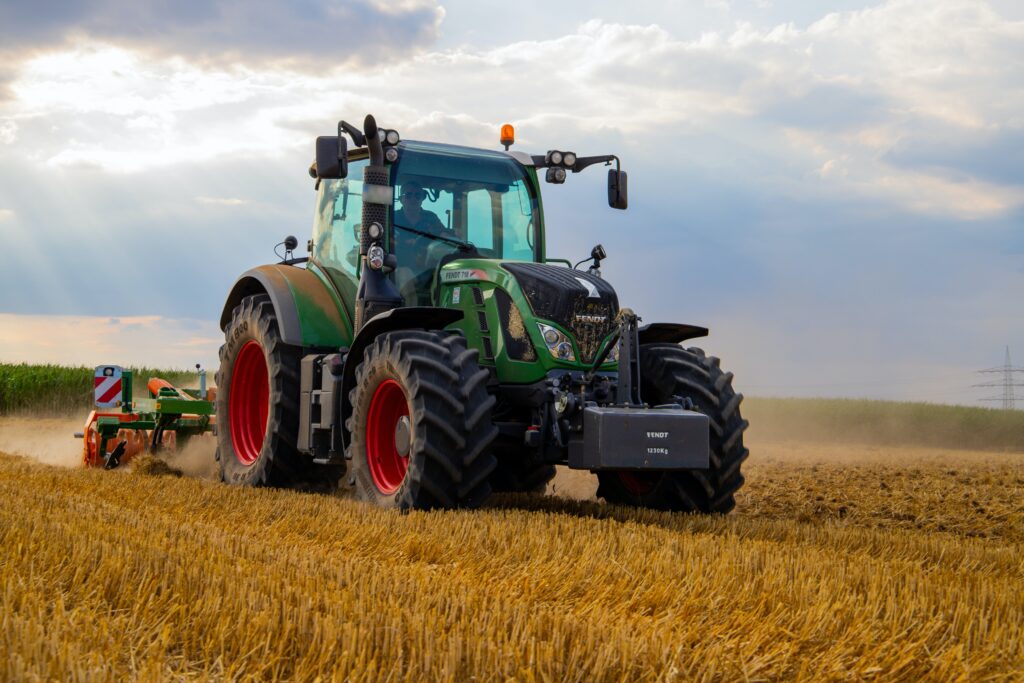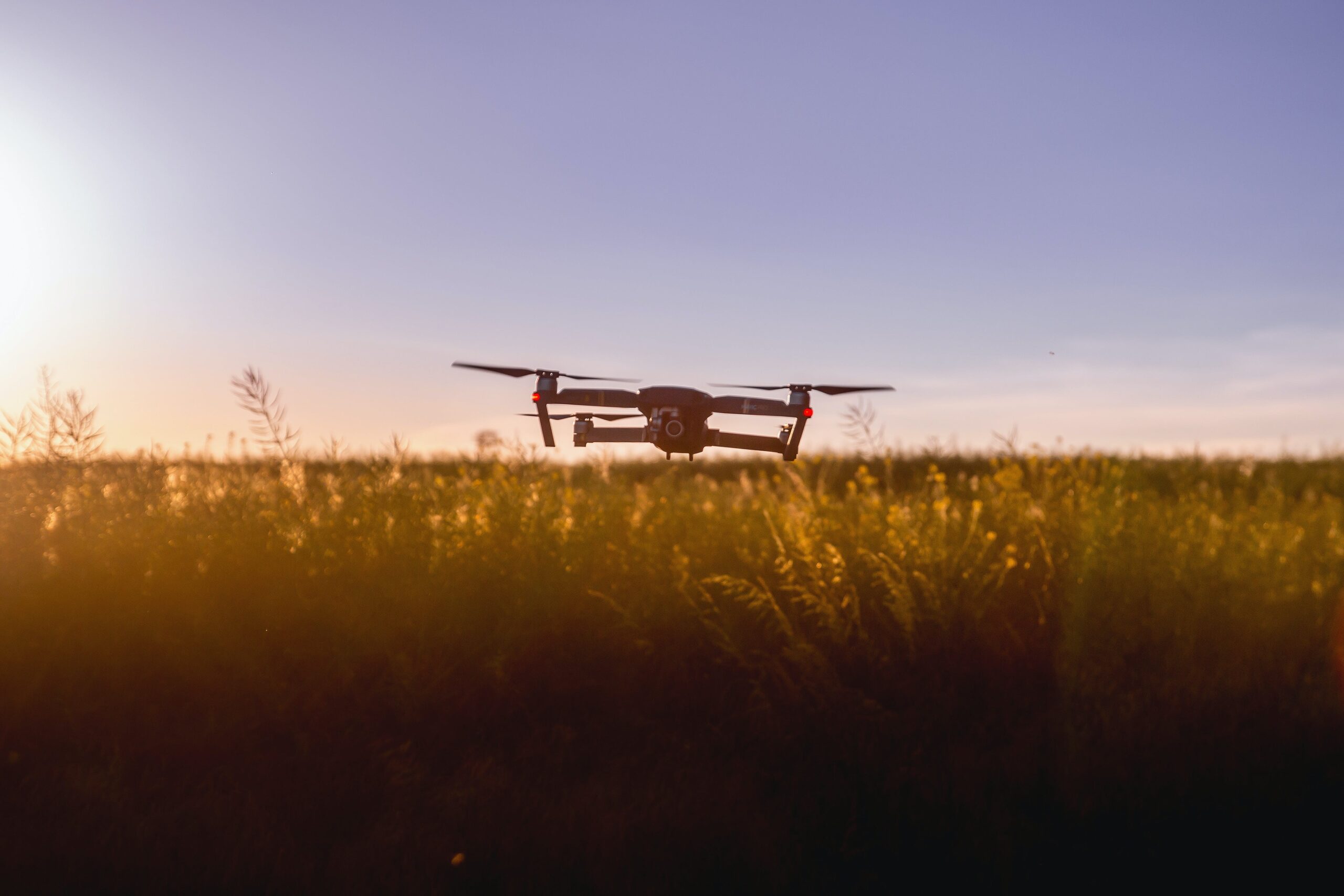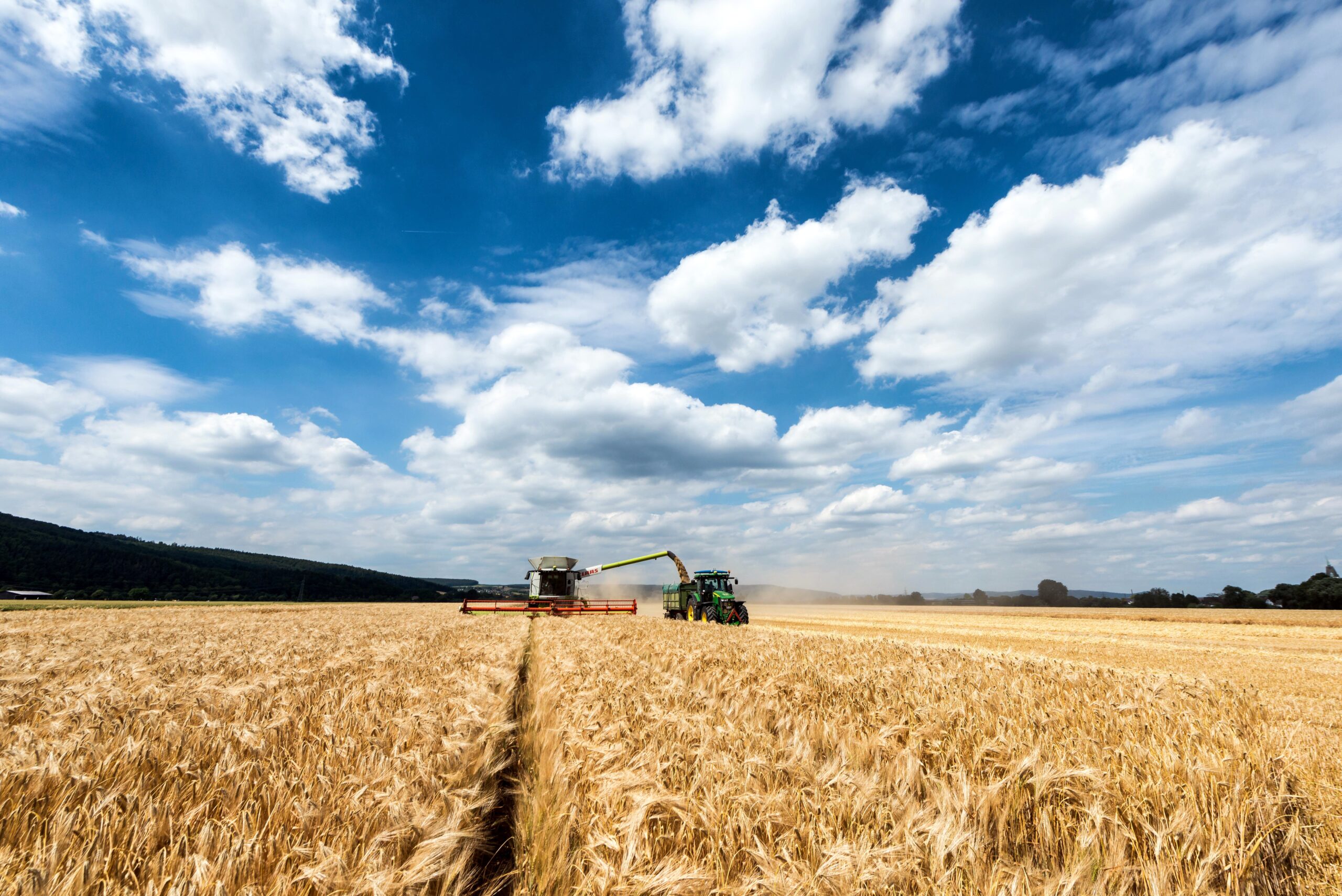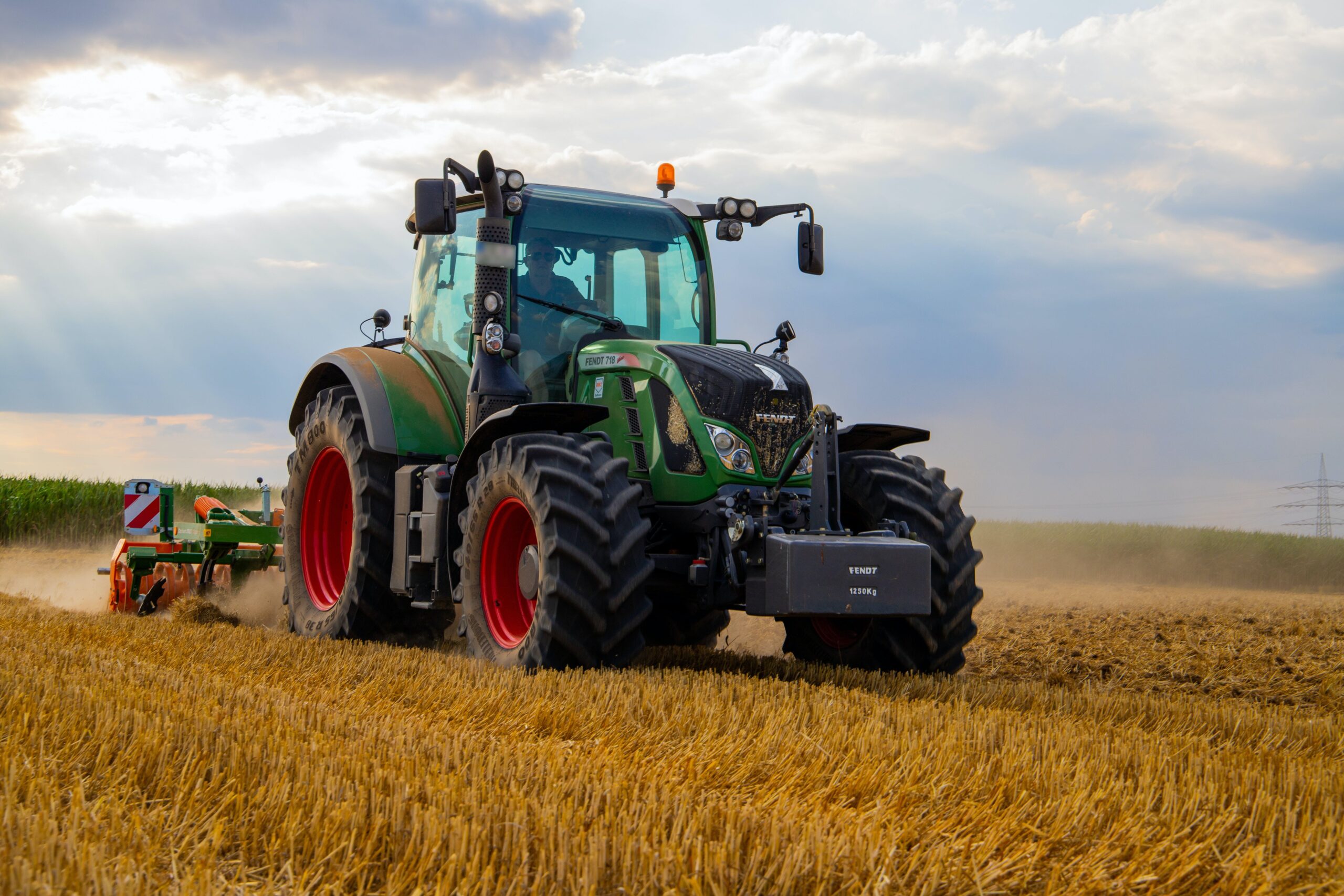In today’s rapidly changing world, agriculture plays a crucial role not only in providing food for a growing population but also in maintaining ecological balance. Sustainable grain production has become a priority for farmers, scientists, and consumers, all striving for harmony between crop cultivation and environmental protection.
Modern Approaches to Organic Farming:
Traditional methods of grain cultivation often relied on the intensive use of pesticides and artificial fertilizers, leading to soil degradation and groundwater pollution. Modern approaches to organic farming emphasize minimizing environmental impact through the implementation of innovative solutions.
Pesticide-Free Agriculture:
One of the key elements of sustainable grain production is transitioning to pesticide-free cultivation methods. Plants resistant to pests, diverse crop rotations, and natural pest control methods are becoming increasingly popular. This approach not only protects the environment but also reduces risks to human health and food quality.
Organic Fertilization:
The growing interest in organic fertilizers is another step towards sustainable grain production. Composting, cover cropping, and other organic fertilization techniques improve soil structure, retaining moisture, and providing essential nutrients to plants. This approach not only increases crop yield but also contributes to the long-term health of the soil.
Application of Modern Technologies:
In the digital era, agriculture is not lagging behind. The adoption of modern technologies such as smart irrigation systems, satellite monitoring of crops, and precision agriculture allows for minimizing water and energy consumption and optimizing production processes. These innovations contribute to a more sustainable use of natural resources.
Benefits for the Environment and Consumers:
Sustainable grain production not only protects the environment but also brings benefits to consumers. Food produced through ecological farming practices often features higher quality and nutritional value. Furthermore, it supports the development of local communities by generating new jobs and promoting local markets.
Conclusion:
Sustainable grain production is a crucial step towards a more sustainable agriculture. Modern approaches based on ecological practices, organic fertilizers, and advanced technologies have the potential to revolutionize how we cultivate and consume food. By striving for harmony between production and the environment, we pave the way for a sustainable future in agriculture.





